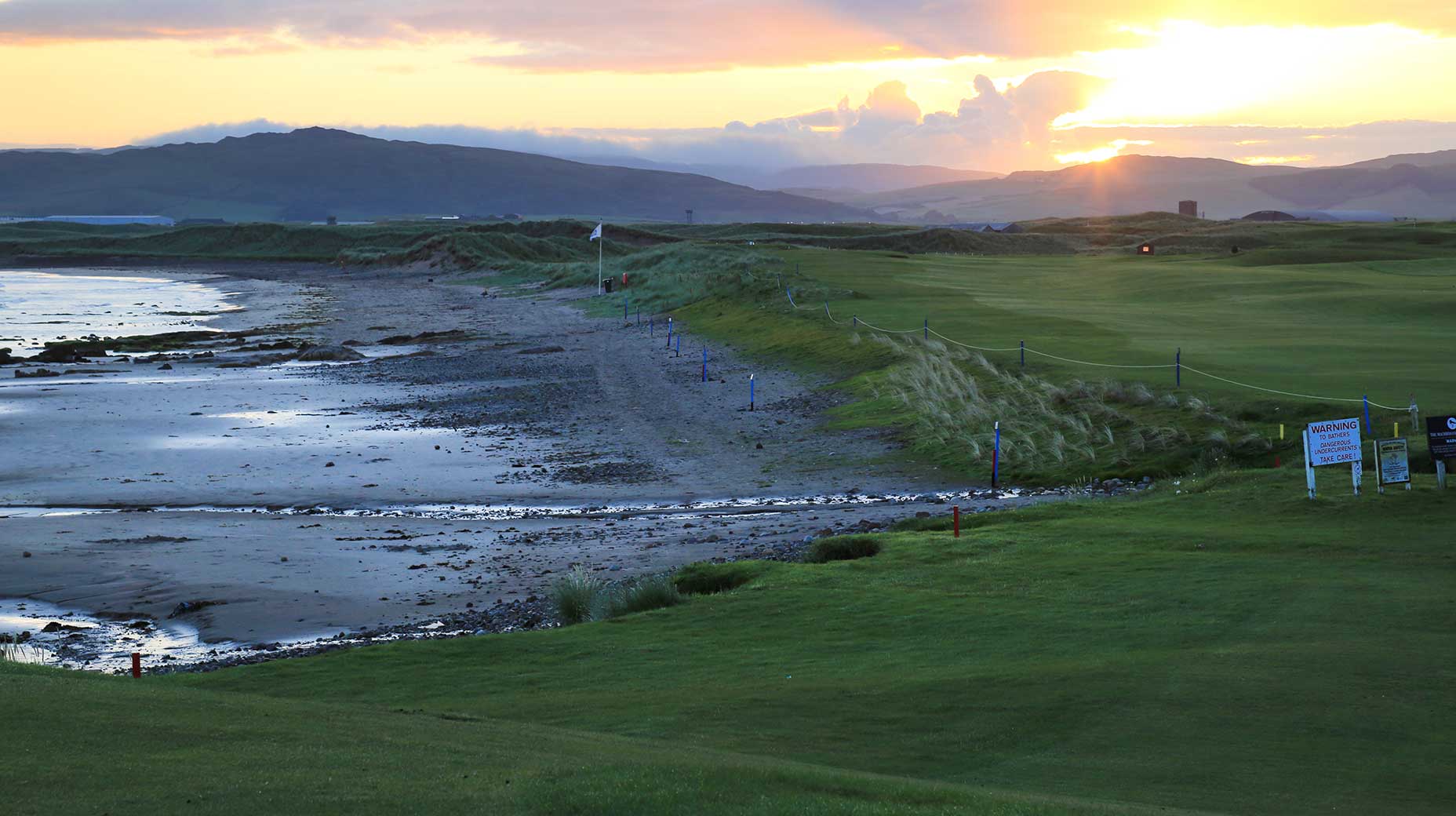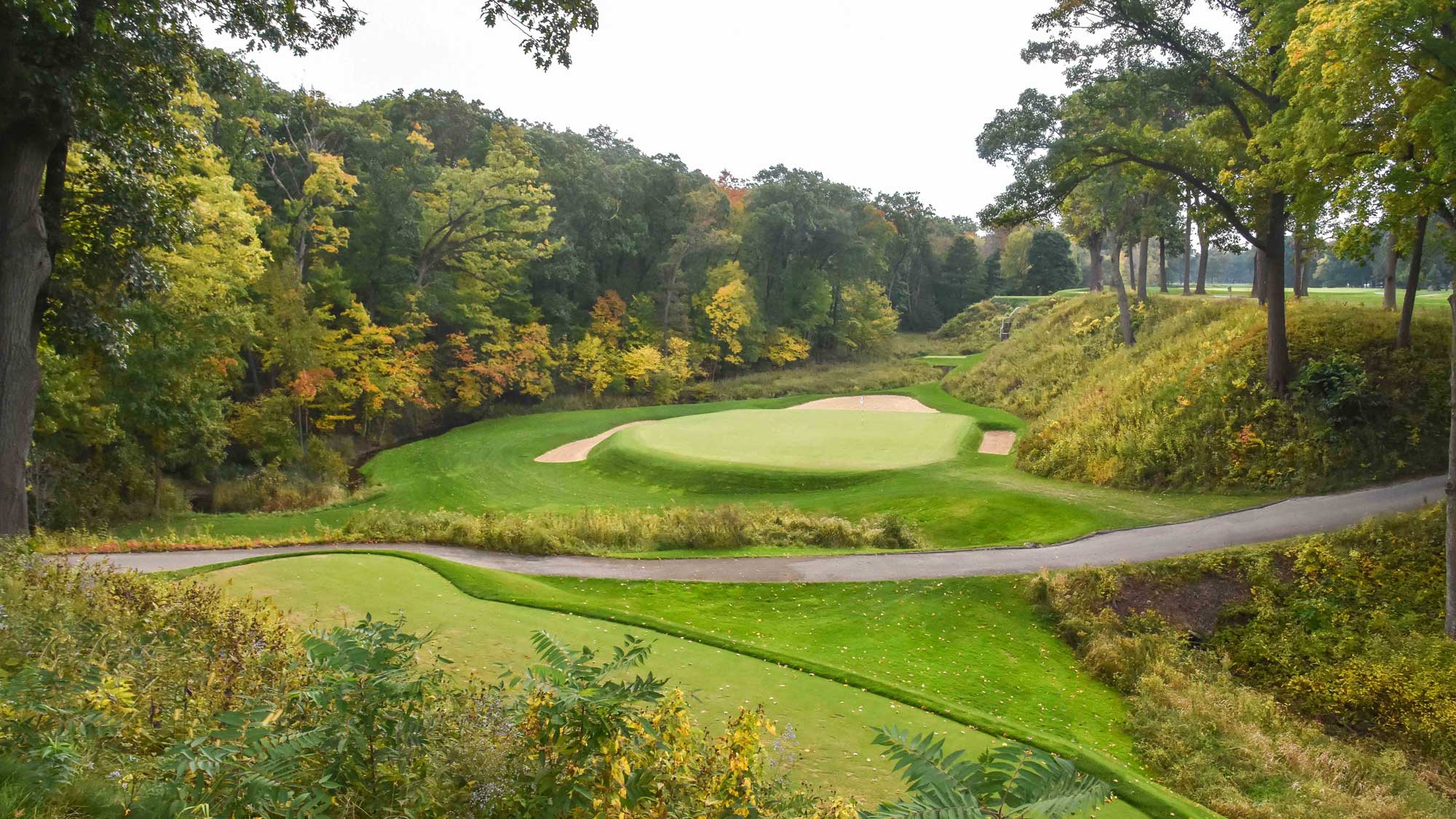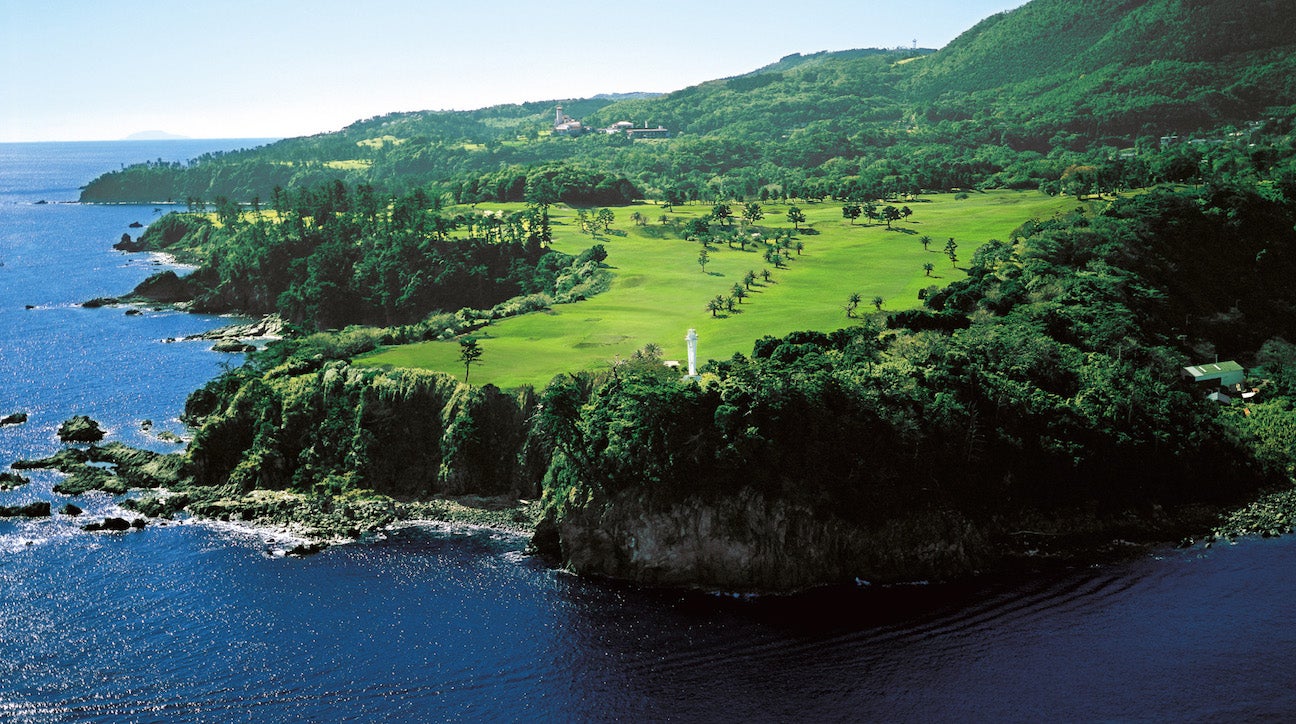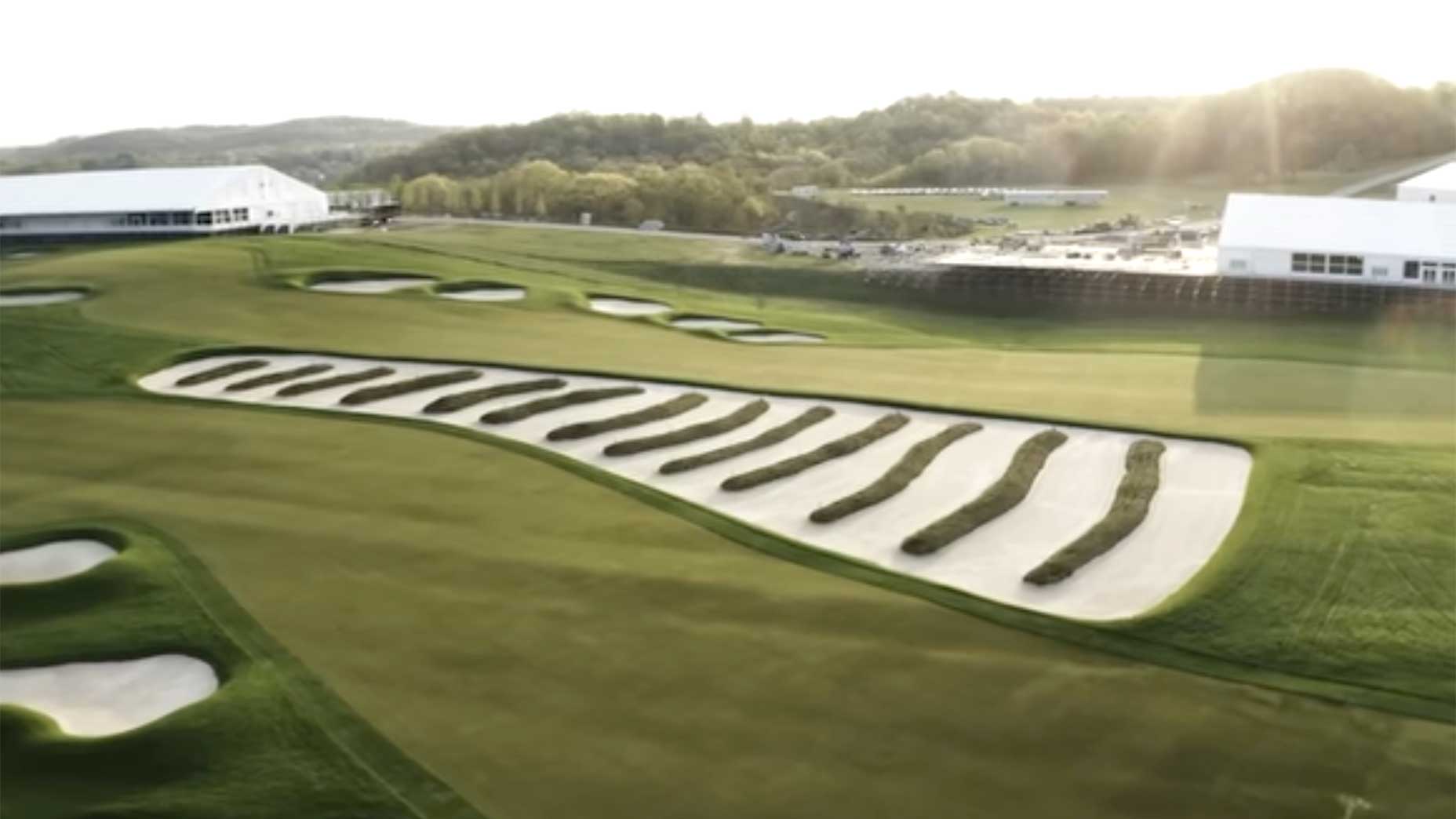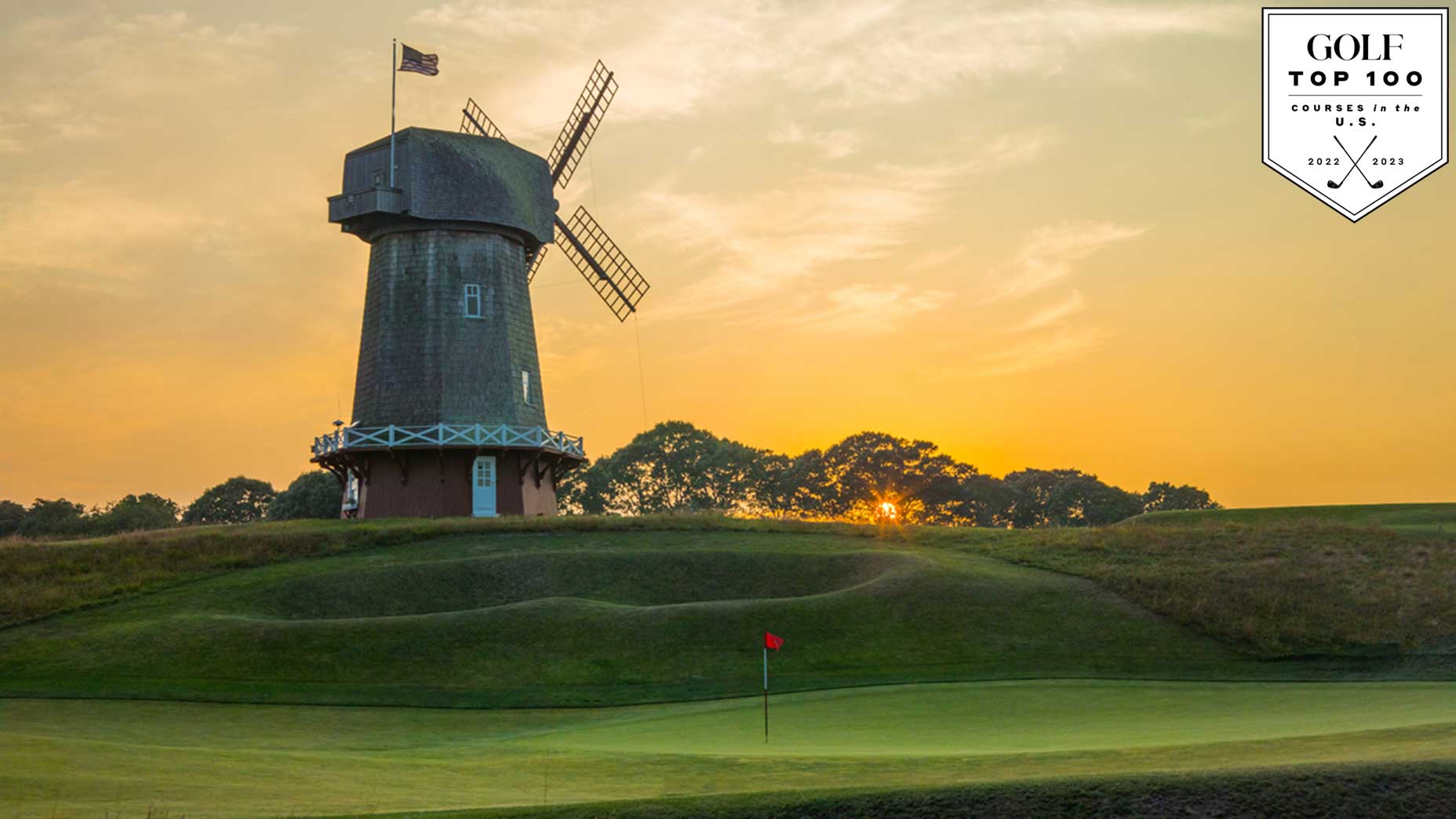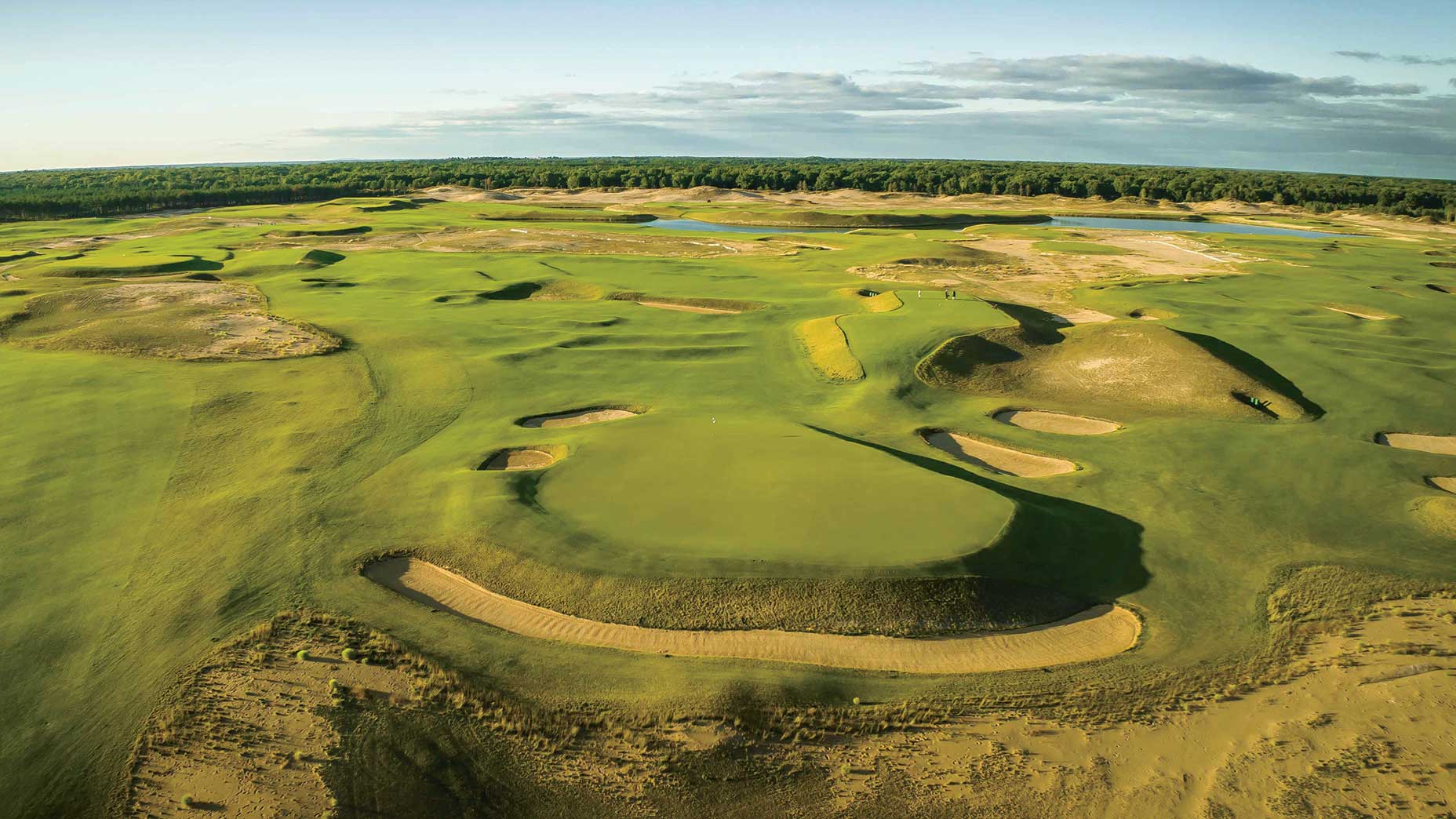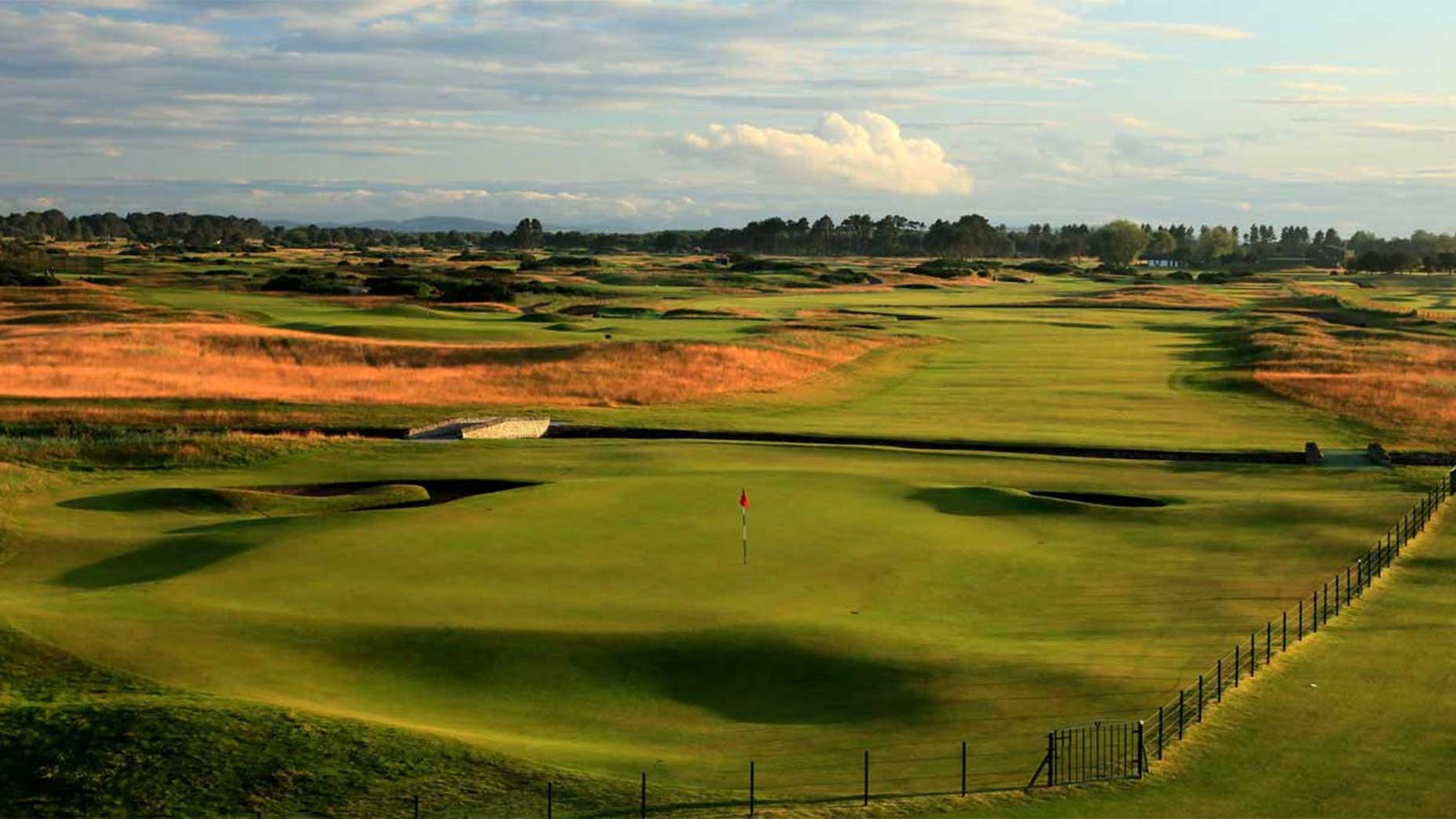As part of GOLF’s rigorous ratings process for our newly released Top 100 Courses in the U.S. and Top 100 Courses You Can Play rankings, our fleet of 100-plus expert panelists identified the best golf courses in every state.
You can check out the links below to browse all of our course rankings, or scroll down to see the best courses in Florida. And if you’re looking to create your own trip in the future, you’d be wise to let GOLF’s new Course Finder tool assist you. Here, you can toggle all of our lists — Top 100 public, best munis, best short courses, best par-3s and more — or filter by price to create the perfect itinerary for your next trip.
GOLF’s other course rankings: Top 100 Courses in the World | Top 100 Courses in the U.S. | Top 100 Courses You Can Play | Top 100 Value Courses in the U.S. | America’s Best Municipal Courses | The 100 Best Short Courses in the World
Check out our all-new travel podcast Destination GOLF. Listen and subscribe wherever you get your podcasts: APPLE | SPOTIFY | IHEART | AMAZON

The best golf courses in Florida (2024/2025)
SYMBOL GUIDE
# = Top 100 Course in the U.S.
Y = Top 100 You Can Play in the U.S.
V = Top 100 Value Course in the U.S.
P = Public/Resort
Ed. note: Some courses were omitted from our rankings because they did not receive enough votes.
1. Seminole (Juno Beach) [#]
Arguably the finest site on which Donald Ross ever worked, the course plays along and between two main dune lines, and Ross made the most of the opportunity with holes continually tacking in different directions. The club prides itself on its firm playing surfaces, which were on full display during the 2021 Walker Cup. Some grouse that the course’s reputation is built on the club’s exclusivity, which is unwarranted given that standout holes abound, including the 4th, 6th, 13th and one of the game’s finest finishing three-hole stretches.
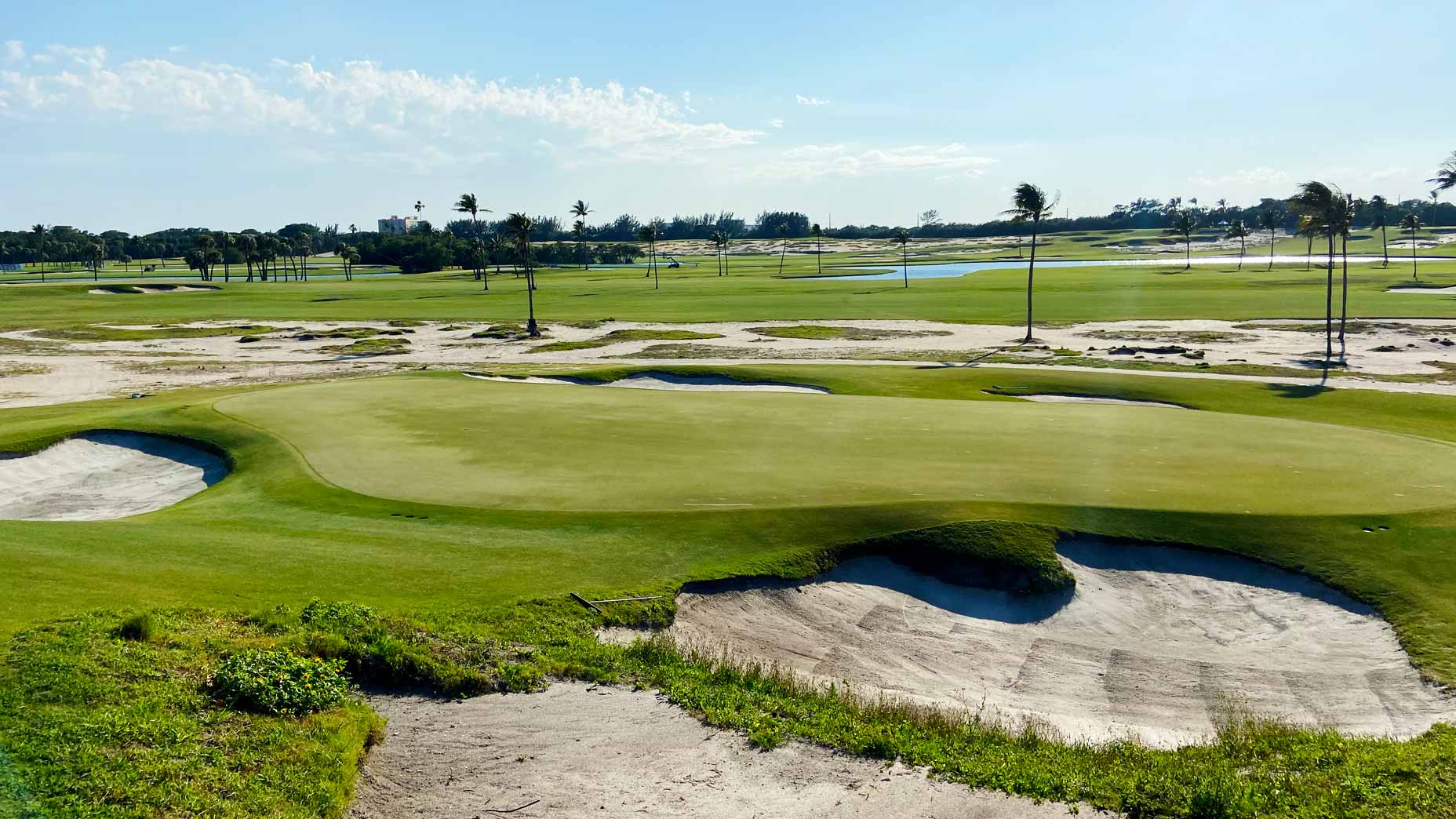
2. TPC Sawgrass – Stadium (Ponte Vedra Beach) [#, Y, P]
Some sniff at the artificiality of a course being hewn from a swamp, yet that’s also what makes the Stadium Course stand out from the crowd. Home of the Players Championship since 1982, the design has evolved into a handsome battleground (however you feel about the towering clubhouse), highlighting Pete Dye’s talent for envisioning something from nothing. The short par-4 4th, reachable par-5 11th and the long par-4 14th rank among Dye’s all-time best. For shotmaking options and memorable individual holes that require a blend of power and finesse, the Stadium Course has few peers.
3. Streamsong – Red (Bowling Green) [#, Y, P]
When the modern minimalism of Coore and Crenshaw meets the heaving, sandy landscape of a former phosphate mine, the result has more in common with a Scottish links than it does with a typical Florida design. Forget soft landings on flat, water-flanked fairways. Like its Streamsong siblings, the Blue and Black courses, the Red invites an inventive style of play. There’s some leeway off the tee. But attacking from the proper angle is essential. The ground game is more welcome here than it is on almost any course in the Sunshine State. But it won’t work on the 16th hole, a dramatic par 3 that plays over water to a buckled green that stretches some 70 yards deep.
4. McArthur – Backyard (Hobe Sound)
5. Streamsong – Blue (Bowling Green) [Y, P]
Streamsong Blue and Red share so much DNA (Tom Doak and Bill Coore worked collaboratively on their respective layouts, using some of the same land and even letting their routings intermingle) that it’s fair to call them siblings. But they’d never be mistaken for identical twins. In keeping with Doak’s fondness for great width, the Blue is more forgiving off the tee, but its greens are also more dramatically contoured, and the challenges grow steeply the closer you get to the hole. As on the Red, ground-game options make the Blue approachable for all kinds of players. But no matter how you choose to attack them, the par-5 17th and long par-4 18th rank among the toughest one-two finishers that Doak has ever built.
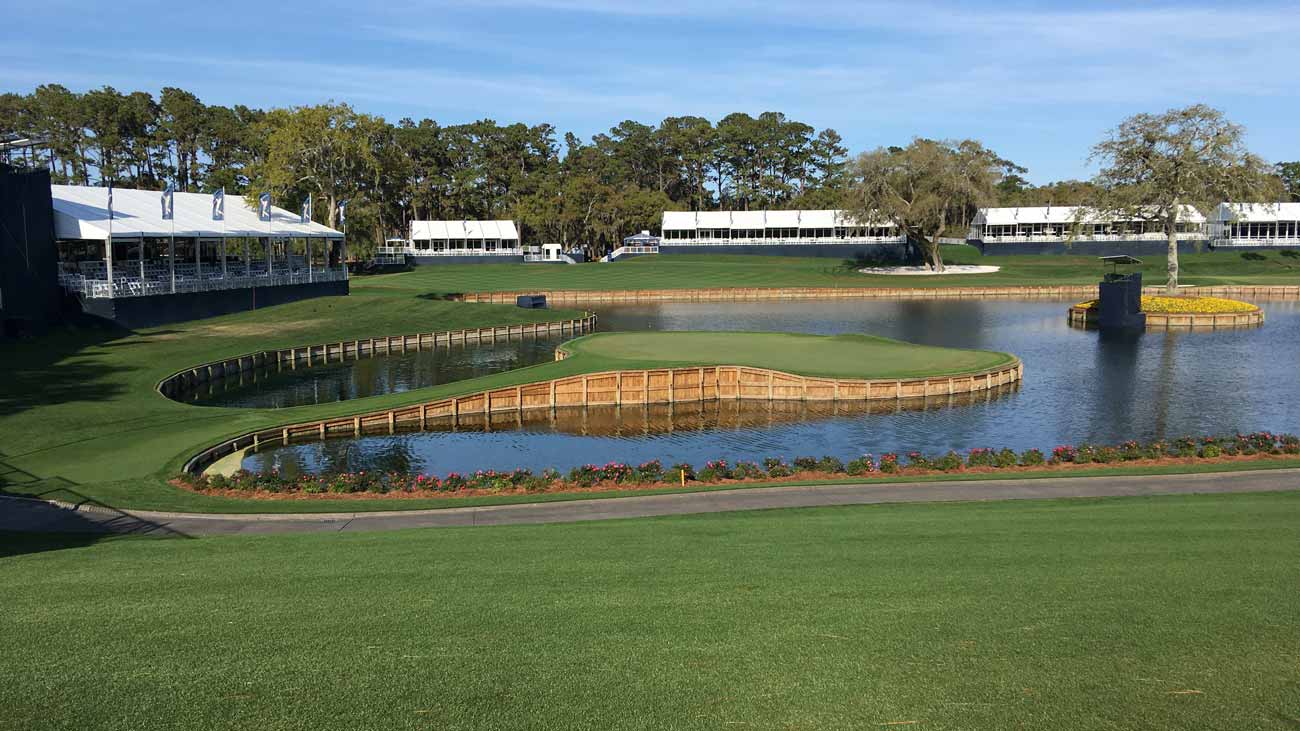
6. Calusa Pines (Naples)
7. Mountain Lake (Lake Wales)
8. Cabot Citrus Farms – Karoo [Y, P]
Through his ever-growing Cabot Collection portfolio of courses, Canadian developer Ben Cowan-Dewar is paying his mentor Mike Keiser the ultimate compliment by using a similar formula of blending stellar golf, comfortable accommodations and destinations off the beaten path. Karoo, designed by the imaginative Kyle Franz, is no exception The course debuted earlier this year, kicking off a thorough transformation of the former World Woods Golf Club site an hour north of Tampa. It’s full of rollicking, bold green complexes (especially on the par-3 3rd, which plays 292 yards from the tips) and expansive, rippling fairways. And sand. Lots and lots of sand.
9. McArthur – Frontyard (Hobe Sound)
10. Indian Creek (Indian Creek)
11. The Park (West Palm Beach [Y, P]
Tasked by a group of golf visionaries, Gil Hanse (with an assist from Jim Wagner and Dirk Ziff) turned a shuttered Dick Wilson design into one of the country’s best munis. Boasting deep bunkers, punchbowl greens, a reverse Redan and turf reminiscent of Australia’s Sandbelt, The Park could have become America’s next gated gajillionaire’s playground. But the goal here was to grow the game, so locals play for as little as $60 beside a community gathering complex that offers youth activities and educational programs. The Park is a much-needed step toward golf’s more inclusive future and a welcome reminder that Hanse doesn’t just renovate great courses, he also builds them.
12. Jupiter Hills – Hills (Tequesta)
13. Streamsong – Black (Bowling Green) [Y, P]
With a nod to Verne Lundquist, have you ever in your life seen green complexes like the ones Gil Hanse and Jim Wagner fashioned on a former mining property in Central Florida? Unlikely. The massive surfaces, full of wrinkles and tiers (the 9th is an elevated punchbowl) are at once fascinating and frustrating. But wherever you fall in that debate, you won’t forget them. The fairways are equally epic in size. A handful of blind shots, plus three par-5s on the back side, make the long walk — an estimated eight miles — all the more challenging, especially for first-timers.
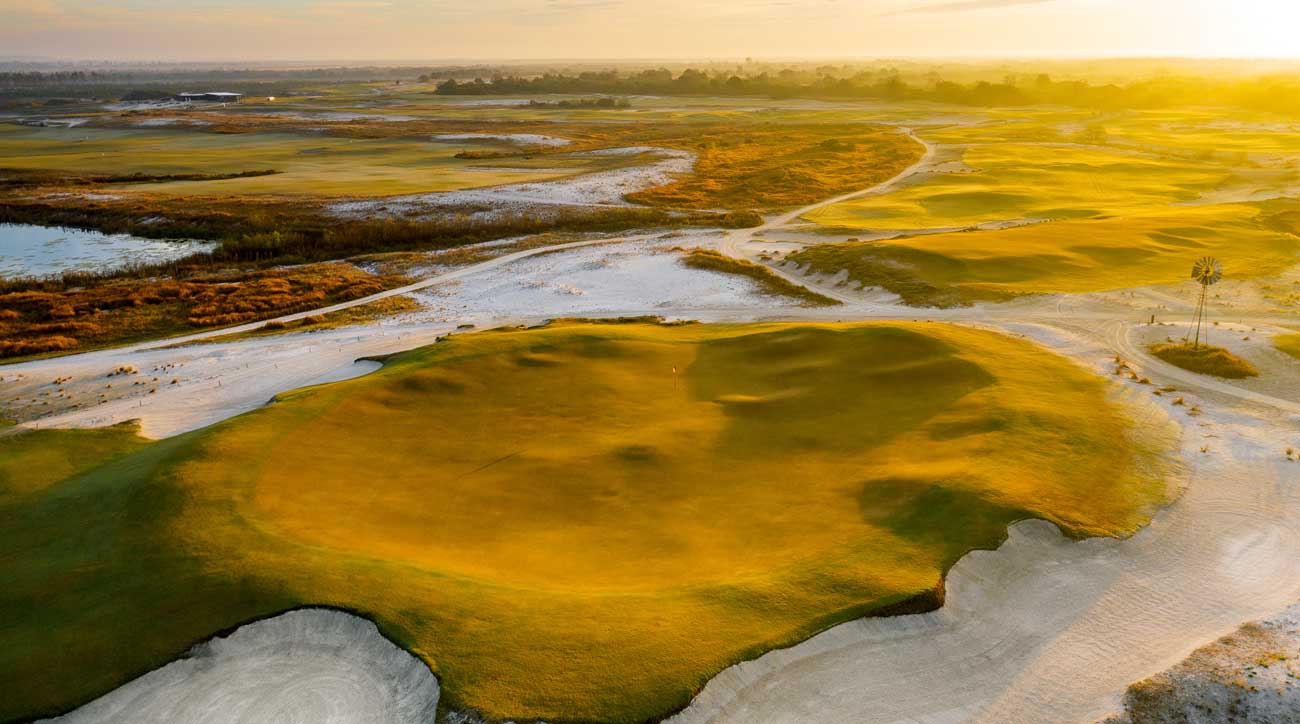
14. Concession (Bradenton)
15. Pine Tree (Boynton Beach)
16. Medalist (Hobe Sound)
17. Bear’s Club (Jupiter)
18. Belleair – West (Belleair)
19. John’s Island – West (Vero Beach)
20. Panther National
21. Black Diamond Ranch – Quarry (Lecanto) [P]
22. Old Memorial (Tampa)
23. Timuquana (Jacksonville)
24. Lake Nona (Orlando)
25. Isleworth (Windermere)
26. Innisbrook Resort – Copperhead (Palm Harbor) [Y, P]
As a first-time visitor, you’re forgiven for feeling that you’re not in Florida anymore. But any sense of dislocation comes secondary to the demands that await. Set on rolling, tree-lined land that would look at home in the Carolinas, the Copperhead Course, longtime host of the Valspar Championship, ranks among the toughest stops on the PGA Tour. Its holes, bent by doglegs, and pinched by pines and water hazards, allow for little let up from start to finish. But the staunchest test comes at the close, with a three-hole final stretch known as the Snake Pit whose nickname is not an empty marketing ploy.
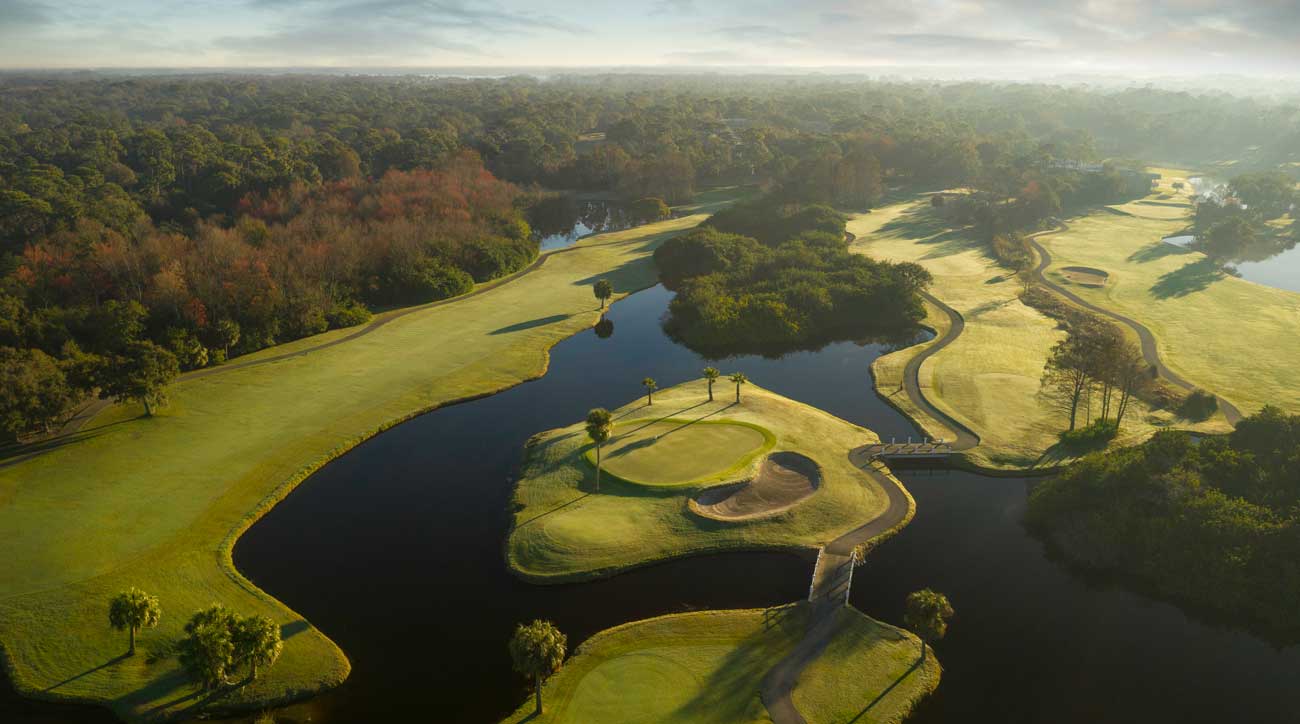
27. Bay Hill (Orlando) [Y, P]
Host to the annual Arnold Palmer Invitational, Bay Hill was once a forgotten piece of ground unable to grow citrus because of inadequate soil. It was repurposed, and in 1961 the original commission was given to Dick Wilson. After winning an exhibition tournament there in 1965, Arnold Palmer liked the property so much that he bought it a decade later, turning it into his business headquarters, renovating the course and establishing Bay Hill as home to one of the most cherished PGA Tour stops. Fairways draped around ponds and forced carries fronting greens are a common theme throughout the round. The watery par-5 18th hole features one of the game’s most daunting approach shots, especially when the hole is cut on the far right side of the green.
28. Trump National Doral – Blue Monster (Miami) [Y, P]
Over the course of three years, famed hoteliers Alfred and Doris Kaskel turned what was swampland west of Miami into what would become one of the more challenging stops on the PGA Tour. The players were faced with length, wind and so much water that the course became known as the “Blue Monster.” The Trump Organization acquired Doral Hotel and Country Club and immediately hired Gil Hanse for a full renovation, which was completed in 2014. The course still maintains a healthy dose of challenge off the tee, yet has more interest and strategy on the approach shots and around the greens. The shin-kicking 473-yard, par-4 18th has been recognized by GOLF as one of the Top 100 Holes in the World.
29. Seminole Legacy (Tallahassee)
30. Apogee Club – West (Hobe Sound)
How we rank our courses
For our newly released Top 100 U.S. and Top 100 You Can Play lists — a process that helped us create 50 best-in-state rankings — each panelist was provided a ballot that consisted of 609 courses. Beside the list of courses were 11 “buckets,” or groupings. If our panelists considered a course to be among the top three in the U.S., they ticked that first column. If they believed the course to be among Nos. 4-10, they checked that column, followed by 11-25, 26-50, and so on out to 250+ and even a column for “remove.” Panelists were also free to write in courses that they felt should have been included on the ballot.
Points were assigned to each bucket; to arrive at an average score for each course, we divide its aggregate score by the number of votes. From those point tallies, the courses are then ranked accordingly. It is an intentionally simple and straightforward process. Why? Because it historically has produced results that are widely lauded. Like the game itself, there’s no need to unnecessarily complicate things or try to fix something that already works so well.
The key to the process is the experience and expertise of our panel. Hailing from 15 nations and all the worldwide golf meccas, each of our 127 handpicked panelists has a keen eye for architecture, both regionally and globally. Many of our panelists have played more than 1,000 courses in 20-plus countries, some over 2,000. Their handicaps range from +5 to 15.
Because the nature of course rating is so intensely subjective, no one opinion carries the day. The only way, then, to build meaningful consensus is to incorporate this diversity of panelists and experiences into one ranking.
Need help unriddling the greens at your home course? Pick up a custom Green Book from 8AM Golf affiliate GolfLogix.

